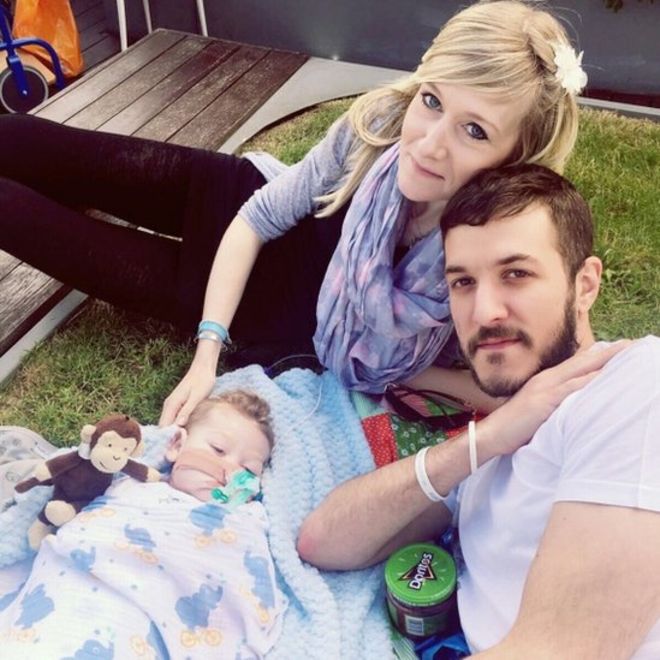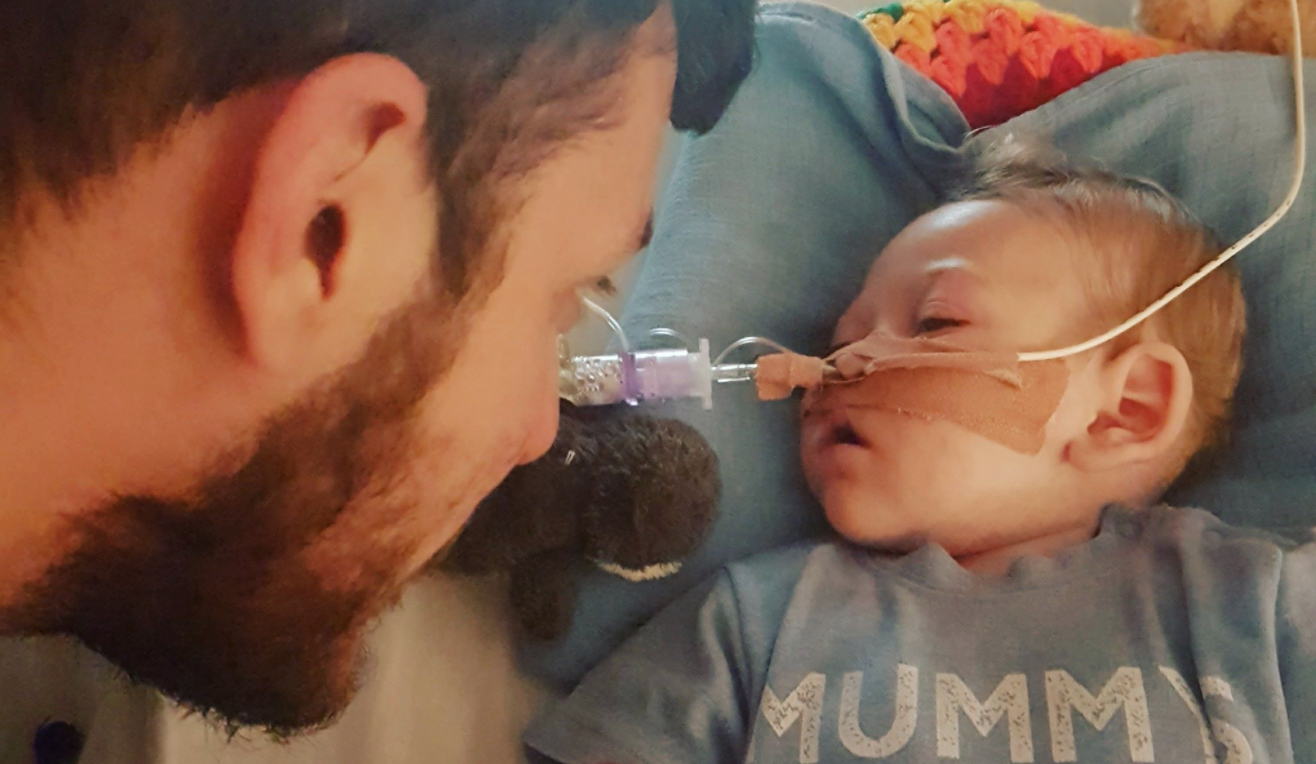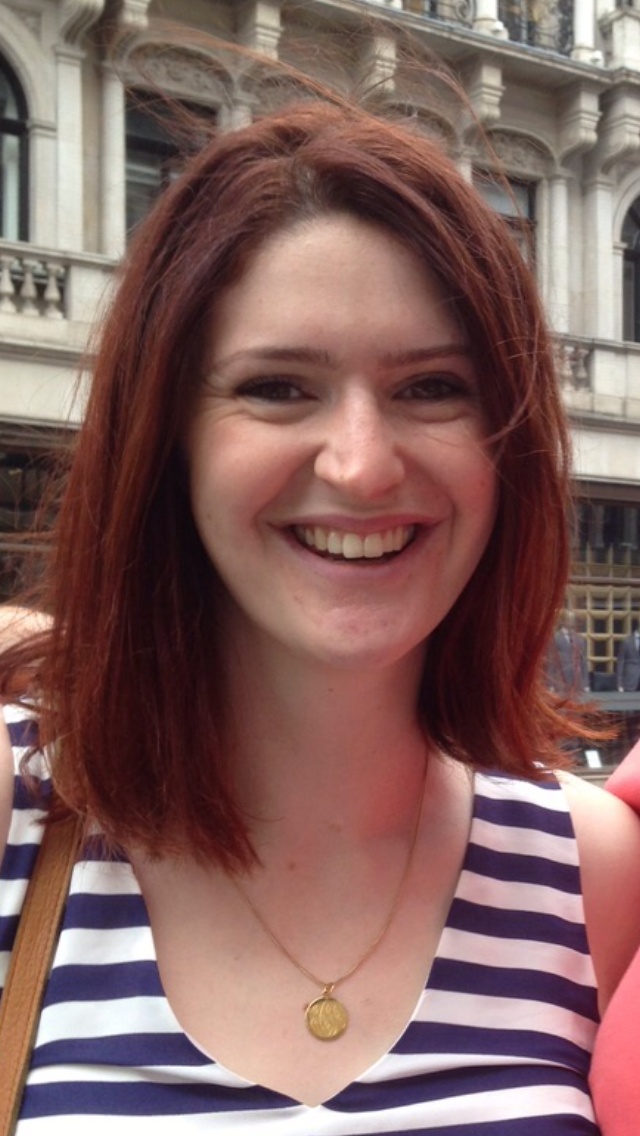The parents of a severely ill baby have been given more time to put forward a legal case to the Court of Human Rights that he should be allowed to go to the US for treatment.
Charlie Gard is a ten-month-old baby who was born with a rare condition called mitochondrial depletion syndrome. He can’t see, hear, move, cry, swallow, or breathe without the help of a ventilator machine. Doctors at Great Ormond Street, where he’s being cared for, say that Charlie has irreversible brain damage and can’t be cured.
Charlie’s parents want to take him to the United States to have experimental medical therapy which they think could help him. His doctors, however, think that it would be better for Charlie to be removed from the ventilator machine and given palliative care so that he can “die with dignity”. The legal guardian appointed on Charlie’s behalf also says that a trip to the USA would not be in Charlie’s best interests.
On 8 June, the legal battle reached the highest court in the UK, the Supreme Court, where judges refused Charlie’s parents permission to appeal, so allowing doctors to withdraw life-supporting treatment from Charlie and begin palliative care.
Extending Life Support
However, Charlie’s parents have now taken their case to the judges of the Human Rights Court in Strasbourg. In an interim ruling on 13 June, the Court said that life-support for Charlie must be extended further, until midnight on 19 June, to give Charlie’s parents’ legal team time to put their case forward.
So how did the courts come to be involved in Charlie’s case in the first place?
Best interests
Where decisions need to be made about medical treatment for babies and young children, it falls to whoever has parental responsibility for that child to make the decision on their behalf.
Parents can’t make any decision they want, though. Their decision must be made in the “best interests of the child.” They can’t therefore insist on treatment that would be contrary to the child’s needs.
The issue here is that Charlie’s parents and doctors disagree over what is actually in his best interests. His parents believe that he should be given a chance at receiving highly experimental medical therapy in the US. Charlie’s doctors don’t think this will help him – in fact, they’re concerned that it will cause him significant harm for no purpose. They think it would be better for Charlie to die peacefully in the UK.
The disagreement between Charlie’s parents and the doctors means that the courts have had to step in to decide what course of action should be taken. The UK courts who’ve heard the case have rejected his parents’ arguments, and ruled in favour of the doctors. They believe that the medical evidence shows that the therapy available in the US has no real prospect of improving his condition or quality of life, and that it could cause him greater pain and discomfort.
“For the parents, and parents alone”?

Image Credit: Charlie’s Fight
Charlie’s parents say that the courts shouldn’t be allowed to intervene where parents have already made a decision. They think that it should be the parents, and the parents alone, who can judge what will be in a child’s best interests. They’ve argued that their rights under Article 8 of the Human Rights Convention, the right to a private and family life, are being infringed, and also that Charlie is being deprived of his liberty, which is protected by Article 5 of the Convention.
The Supreme Court in the UK considered and rejected these arguments. The judges said that it’s a well-established principle that, in any action concerning a child, the child’s best interests must be the paramount consideration. This principle can be found in UK law in the Children Act 1989, and, internationally, in the United Nations Convention on the Rights of the Child.
The judges also noted that the Court of Human Rights has already considered what should happen when the rights of parents under Article 8 are in conflict with the rights of a child. In a case called Yousef v Netherlands in 2003, they said that a child’s rights must come first.
What next?
Charlie’s parents’ legal representatives are currently preparing a full case to put before the Human Rights Court. The Court will then consider the arguments and decide whether there should be a full hearing.
In the meantime, Charlie will continue to receive life-supporting treatment at Great Ormond Street.
Lady Hale, the Justice who delivered the Supreme Court’s decision, summed up the anguish felt by Charlie’s parents, and said that anyone in their position would do as they have done. “However, as judges and not as parents,” she said, “we are concerned only with the legal position.”
It is now up to the Court of Human Rights to determine whether the legal position taken by the UK courts is correct.
Want to know more?
- Find out why human rights are an essential part of end-of-life care.
- Explore what human rights do for children.
- Read our article on why the Article 8 right to private and family life is so important.







